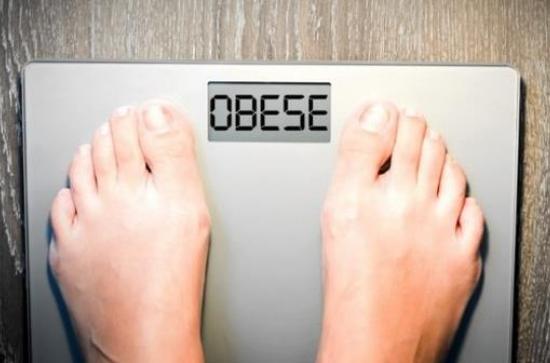
Our immune system may have as much as a 30% role in controlling bodyweight, according to new research presented at Maynooth University today. The recently discovered connection may explain the significant difficulty associated with weight loss, according to Dr Andy Hogan (BSc 2004, PhD 2010) of the Obesity Immunology Research Group at St Vincent's University Hospital. Dr Hogan was speaking at the annual Maynooth University Alumni Lecture Series.
Research shows that, for 90% of the population, weight gain is almost 90% irreversible. This means that it is extremely difficult to lose more than 10% of your total body weight. The role of the immune system, the human’s body’s natural defence mechanism, in controlling our bodyweight may provide an explanation for this.
Dr Hogan drew attention to the large amount of killer T cells present in adipose or fat tissue. Killer T cells are typically associated with fighting cancer cells, infected cells, or cells that are in other ways damaged. The presence of the large amount of killer T cells in the adipose tissue indicates that they have a role in regulating the fat cells. Tellingly, in experiments on mice, removing these cells lead to the test subjects quickly gaining weight.
When we eat too much, our adipose tissue becomes stressed and inflamed. It is thought that the killer T cells play a role in controlling this stress; however, where this continues for a prolonged period, the T cells become exhausted and die off.
This new understanding of the role the immune system plays in controlling our bodyweight could pave the way for researchers to harness the immune system in the fight against obesity. Obesity is responsible for 3,000 deaths per year in Ireland and costs the taxpayer in excess of €3 billion. The World Health Organisation has predicted that Ireland will become the most obese country in Europe by 2030, when nine out of ten adults will register as obese.
Speaking at today’s event, Dr Hogan observed: “Our body’s immune system is designed to protect us, but scientists are only just beginning to understand the extent of its potential as a tool for a range of treatments. Immunotherapy has produced very promising results in cancer research and our work suggests that it could also play a significant role in future treatment of obesity.”
“It also points to the fact that our understanding of bodyweight mechanisms has to evolve beyond the simplistic calories in / calories out model which has prevailed to date. Certainly, this is an important consideration, however, the evidence now points to the fact that there a more complex factors to be addressed,” Dr Hogan added.
Dr Hogan also provided some insights into his student days at Maynooth University and the influences that brought him to research the global obesity epidemic: “During my time at Maynooth University, I had some exceptional teachers who encouraged me to tackle the tough questions we face as a society. This has always been a hallmark of Maynooth research and it was instilled in me throughout my studies.”
Launched in 2014, The Maynooth University Alumni Lecture Series is organised by the Alumni Office – see here for further information.
